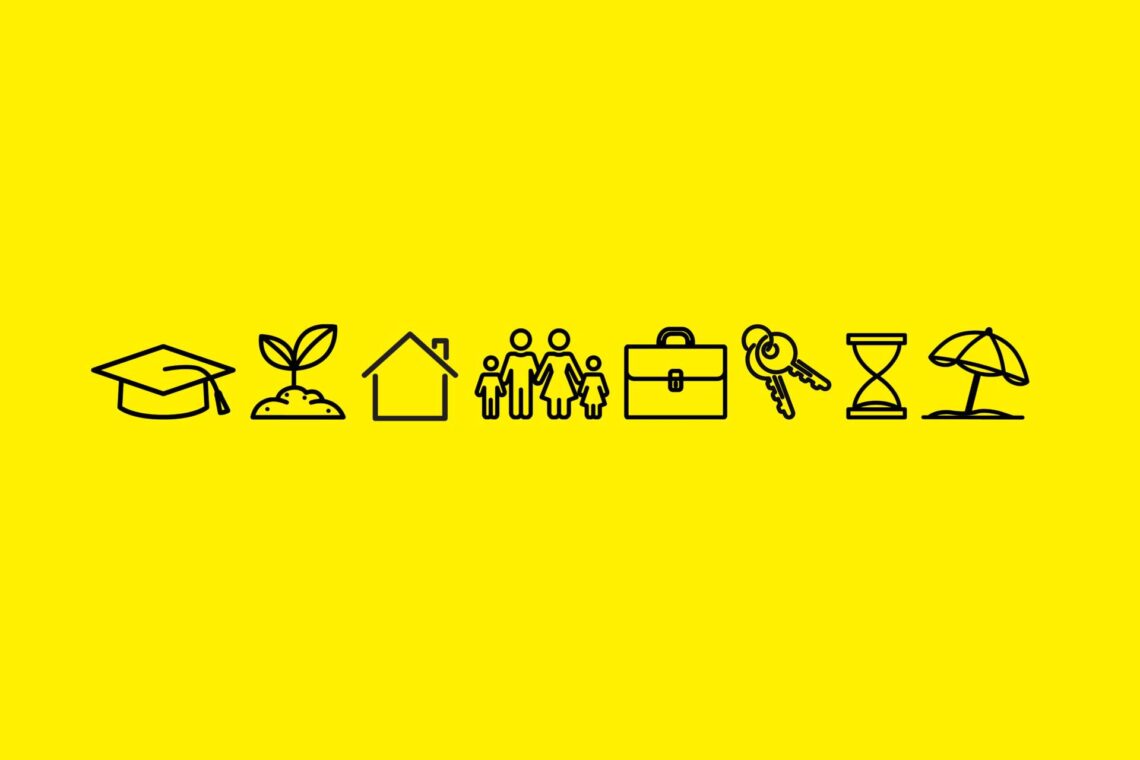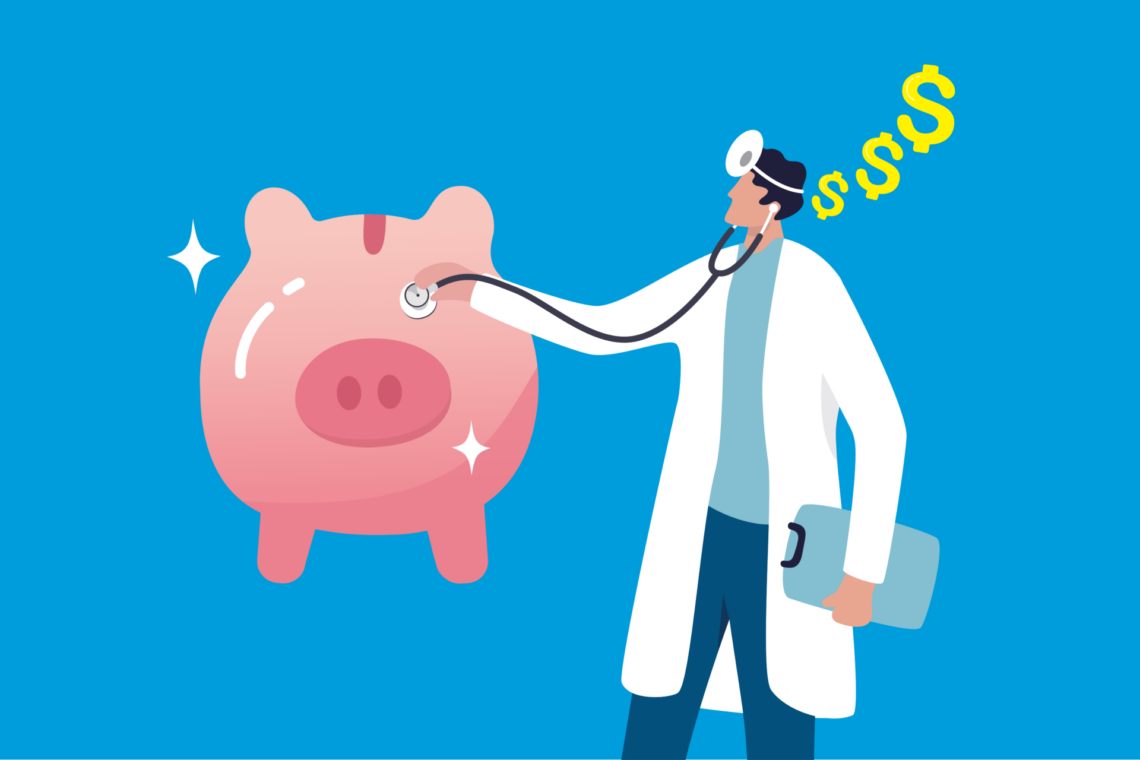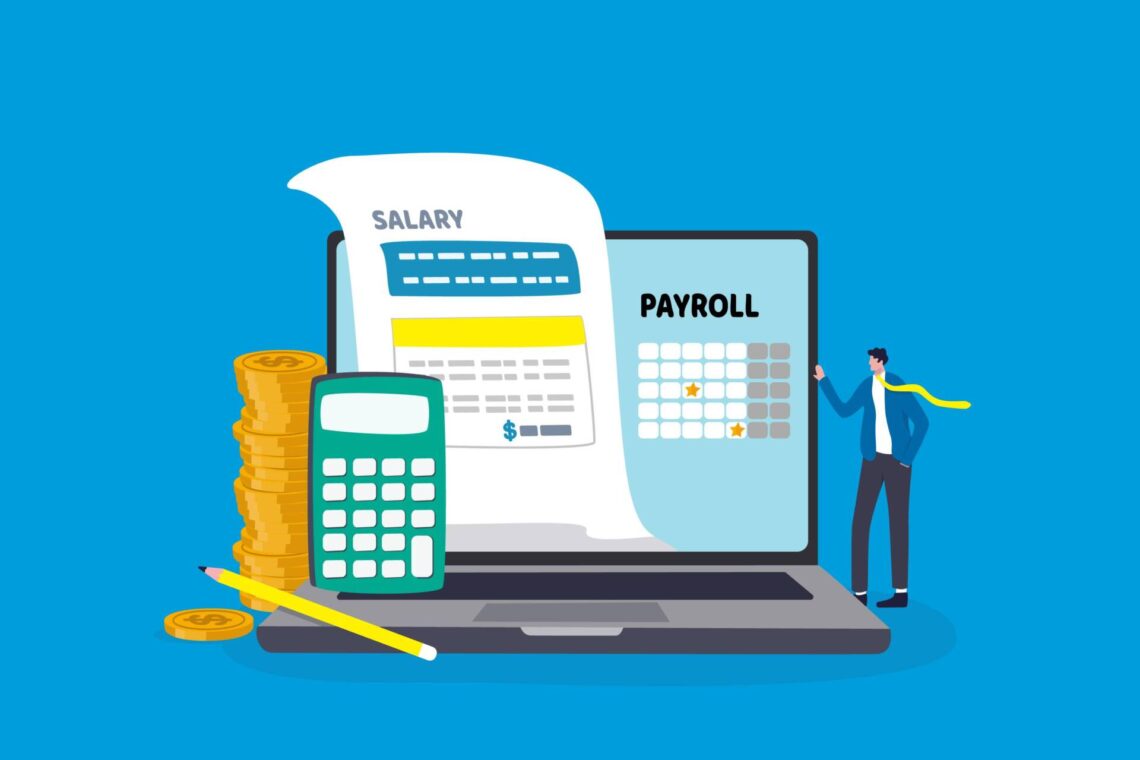So, you’re delivering food with Uber Eats, Menulog, DoorDash, or any other platform in Australia. It’s a flexible gig that fits around your schedule, but when it comes to food delivery service tax, things can get a little confusing. Don’t worry – let’s break it down in simple terms.
Are You an Employee or a Sole Trader?
First things first: when you’re delivering food, you’re usually considered a sole trader, not an employee. This means you’re running your own business, even if it’s just you on a bike or in a car.
As a sole trader, you’re responsible for:
- Reporting your income to the ATO
- Paying your own tax
- Keeping track of your expenses
This is different from being an employee, where your employer handles tax deductions for you.
Do You Need to Pay Tax?
Yes, you do. All income earned through food delivery services is taxable. Even if you’re earning less than the tax-free threshold of $18,200, you still need to lodge a tax return. The ATO has tools like the Do I need to lodge? tool to help you determine if you need to lodge a return.
Reporting Your Income
When it comes time to file your tax return, you’ll report your delivery income as business income. In the ATO’s myTax system, this means selecting the option for “Business/Sole trader income.”
Even if you’re using the delivery platform as a side hustle, it’s still considered business income and should be reported accordingly.
Do You Need an ABN?
If you’re delivering food as a sole trader, you will need to register for an ABN.
If you’re working as an employee, you do not need an ABN.
Do You Need to Register for GST?
If you are an employee, you do not need to register for GST.
If you are a sole trader, you only need to register for GST if your annual turnover (total income) from all of your ABN activities is $75,000 or more. If you’re under that threshold, you don’t need to register, but you can choose to if you want to claim GST credits on your business expenses.
Keep in mind that if you also work for a ride-sharing platform you must register for GST – and once registered you will also need to charge GST on any other business operations (such as food delivery)
If you’re registered for GST, you’ll need to:
- Charge GST on your delivery income
- Lodge Business Activity Statements (BAS)
- Report your income as part of your business activities
Can You Claim Expenses?
Absolutely! As a sole trader, you’re allowed to claim expenses related to your delivery work. This includes:
- Vehicle expenses: Fuel, maintenance, and depreciation
- Phone and data: For navigation and communication
- Insurance: If it’s related to your delivery work
- Other supplies: Like bags or equipment
Keep records and receipts for all your expenses. The ATO recommends keeping a logbook for vehicle use and retaining receipts for other expenses.
Tax Time Tips
- Keep good records: Use apps or spreadsheets to track your income and expenses.
- Use the ATO’s tools: The Tax withheld calculator can help estimate how much tax to set aside.
- Consider quarterly payments: If you’re earning a lot, you might need to pay your tax in quarterly instalments.
Final Thoughts
Working for a food delivery service in Australia often means you’re running your own business. While it offers flexibility and extra income, it also comes with tax responsibilities. By understanding your obligations and keeping good records, you can ensure you’re compliant and avoid any surprises come tax time.
If you’re ever unsure, the ATO’s Working for a food delivery service page is a great resource, or consider speaking with a tax professional to get personalised advice.
Have questions or need more information? Don’t hesitate to get in touch.





